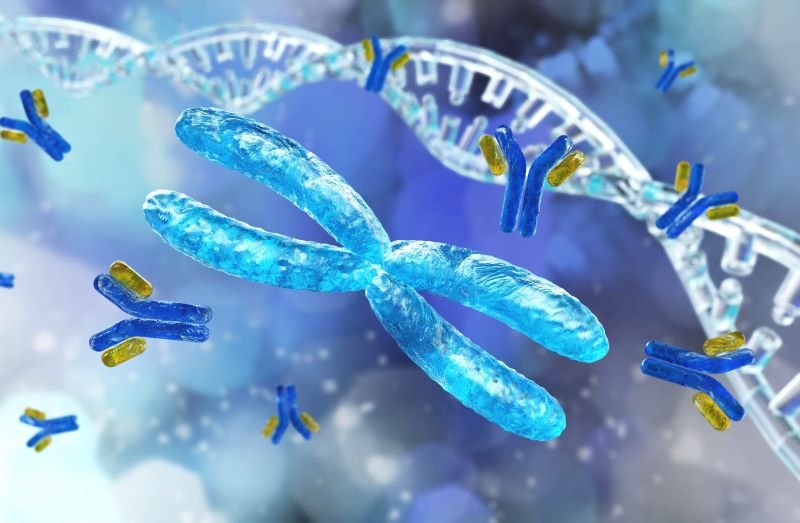Due to a recent change in our pharmacy software system, the process for submitting refill requests online has now changed.
Our previous mobile app and your current login credentials will no longer work.
Please click the My Pharmacy tab then Patient Portal to begin the new process.
Thank you for your patience during this transition.
Manténgase sano!

- Cara Murez
- Posted September 22, 2023
Scientists Spot Gene Mutation Linked to Esophageal Cancer
Researchers have found a gene mutation linked to esophageal cancer, which could lead to better prevention and treatment strategies.
Investigators from Case Western Reserve University in Ohio found the mutation, potentially helping those at risk of what is a highly lethal cancer. Esophageal adenocarcinoma (EAC) is a cancer of your food pipe.
"With this discovery, we will be able to identify early those at a high risk of developing EAC in their lifetime, and accordingly tailor screening, lifestyle and treatment strategies to prevent cancer development,"said Kishore Guda. He is an associate professor at the Case Western School of Medicine and a member of the Case Comprehensive Cancer Center.
The investigators' previous research had found that up to 10% of patients with EAC or Barrett's esophagus -- a precursor to EAC -- have a family member with the disease. But the molecules contributing to developing the cancer had been poorly understood.
The team, including Guda and Amitabh Chak, a Case Western professor and a physician at University Hospitals Cleveland Medical Center, studied families who have the disease, identifying the specific gene, Caveolin-3 (CAV3), that plays a critical role in the disease.
Caveolins are structural components of a cell that regulate various proteins involved in the cell's ability to function properly, according to the study authors.
To learn what CAV3 does in the esophagus, the researchers used molecular techniques and tissues from humans and animal models.
The discovery included that CAV3 is normally present in specialized cells called mucosal glands that are typically found beneath the surface of esophagus. When the esophagus is injured, these CAV3-containing cells migrate up to heal the injury.
"In the family where we identified CAV3 mutation, we show that this mutation leads to loss of its normal function and wouldn't be able to repair the injured esophagus,"Guda said in a Case Western news release.
The findings were published online recently in the journal Gastroenterology.
This discovery suggests that inherited defects in the CAV3 gene can prevent the injured esophagus from properly healing, increasing the risk of developing EAC.
"This is especially relevant to individuals suffering from chronic heartburn, where the acid and bile from the stomach reaches up and injures the lower esophagus,"Guda said. "These individuals are particularly at risk of developing EAC if the injured esophagus isn't repaired and healed."
The authors' future work will focus on screening more families who may be carrying genetic defects in CAV3 or in other Caveolin genes.
The investigators also want to learn how CAV3 helps in esophageal healing, as well as to figure out how to correct or restore normal function of defective esophageal mucosal glands to prevent cancer risk. And they want to make ablative therapy -- which uses high or low temperatures to destroy abnormal tissues or tumors -- more effective.
"There could be several reasons why normal cells become cancerous,"Chak said. "By studying familial clusters of the disease, we are identifying the dangerous roads that lead to cancer, so effective screening and intervention strategies can be implemented to prevent the disease before it even begins."
More information
The American Cancer Society has more on esophageal cancer.
SOURCE: Case Western Reserve University, news release, Sept. 19, 2023






